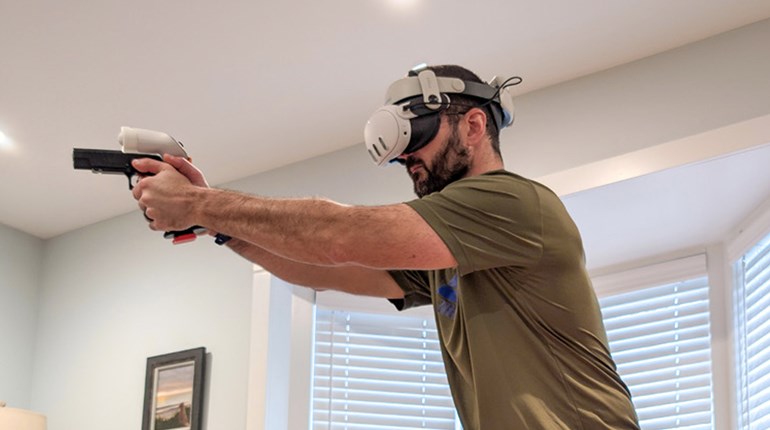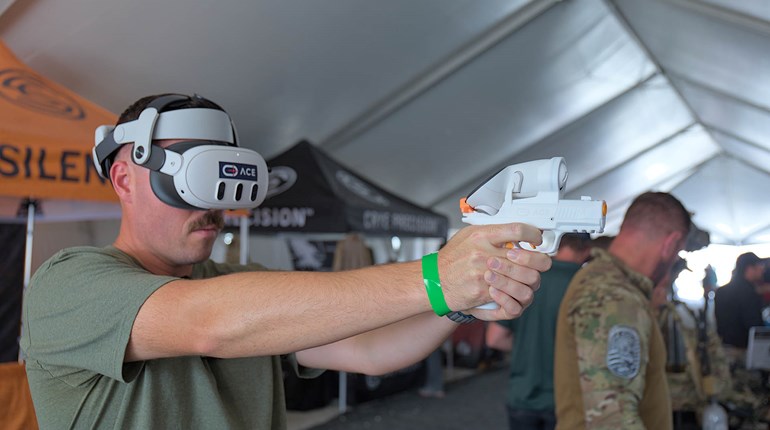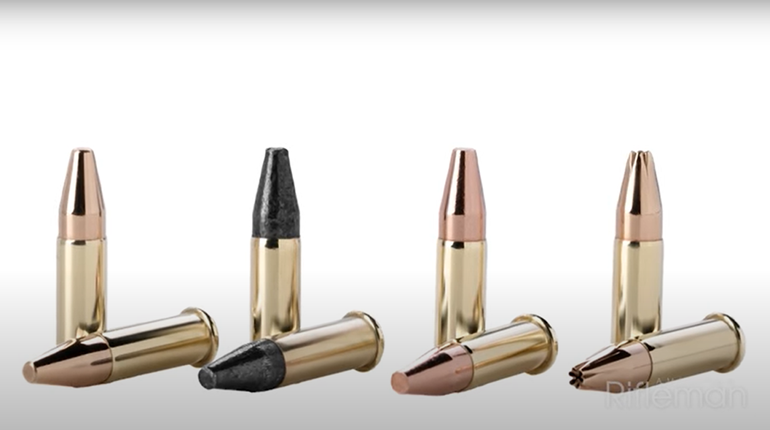
Hunting season is backsliding season. For you and your dog. But it shouldn’t be.
“The problem with hunting a young dog is backsliding,” said pro trainer Ethan Pippitt of Standing Stone Kennels in Kansas. “You trained all summer, but once the points are real and you’re in the grips of hunting fever, it’s all too easy to focus on the shooting and forget about your dog.”
And a forgotten dog is a backsliding dog.
That isn’t a big deal with an older, experienced dog, but a 1- to 2-year-old? “Big problem. The excitement of the hunt, a strange location, the rush of wild birds and sometimes lots of them … it’s all too easy for a young dog—and his owner—to forget all that training.”
The dog breaks, the bird flies, you shoot and you’ve just rewarded pup for doing the wrong thing.
“But you can prevent all that. It just takes dedication and attention. You’ve got to play the long game here. The reward for maintaining proper performance that first year or two is eight or 10 more years of trouble-free field performance.”
So, first decide the level of performance you want. “I like a dog rock steady until the bird flushes. Then I don’t mind if the dog breaks to get a jump on the retrieve. If you insist on steady to wing and shot, you’ll need to pay a lot more attention and pass up a lot more shots that first year or two.”
“It doesn’t matter the breed or type," says Pippitt, "Whatever your dog was bred and trained to do must be carefully nurtured and maintained during the first season or two. So don’t reward him by shooting a bird he’s busted. Don’t let a Lab cough up a bird at your feet. Don’t let him whine and pace around the blind because you’re too focused on incoming ducks to bother with dog control. Only shoot birds to reward the level of performance you want for the life of that dog.”
An easy way to stay atop your dog without missing shooting opportunities is to work with a partner. You run the dog, he concentrates on the bird. Then trade places. “Takes some discipline and dedication, but it’s truly worth it,” Pippitt insisted. “A good hunting dog is a major investment, a long-term investment, and too valuable to compromise on a few moments of inattentiveness. Make your dog’s compliance 'job one' those first two seasons and you’ll reap rewards for the next decade. But get sloppy, let him backslide, and you’ll fight it for the next decade.”





































